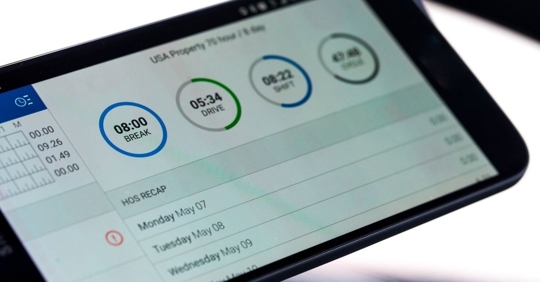Making Your Truck Accident Claim
Recent data indicates that North Carolina is in the top six states for fatal crashes, averaging about 155 fatal collisions annually over ten years.
Considering the prevalence of this issue, it is crucial for all North Carolina drivers to be aware of the type of evidence that can be important following a truck accident. Although each claim is different and may require specific evidence, here are three things that may help any case:
Electronic Logging Device Records
Electronic logging devices (ELD) became mandatory for all truck drivers in 2017. This device, fixed in the truck, automatically tracks and records the driver's service hours once the engine turns on. As part of this new standard practice, trucking companies are expected to retain these records for a minimum of six months.
When making your legal claim against an individual trucker or trucking company following a collision, an attorney may obtain the ELD records to prove whether any negligence occurred. Driving hour totals at the time of the crash and time between service may show that the driver was not following the Federal Motor Carrier Safety Administration (FMCSA) regulations—which could be a contributing factor in the wreck.
Driver Certifications
As part of the FMCSA regulations, all truckers must retain specific certifications and undergo training as an entry-level driver. In North Carolina, driving school students must complete 160 hours of instruction before testing for a Commercial Driver's License (CDL), and truckers must have a commercial learner permit for a minimum of 14 days prior to their skills test.
After obtaining a CDL, drivers are expected to maintain a clean driving record and report any moving violations to their employer.
Certifications and driving records can be important pieces of evidence, as they can show how experienced and skilled a driver is. A crash involving a trucker with multiple moving violations (even in their personal vehicle) or a lack of training hours/certification can indicate negligent hiring practices on behalf of the trucking company.
Photos, Videos, or Eyewitness Accounts
Whether it's a dashcam or a store's security camera footage, having physical evidence of the events leading up to a truck crash can help you have a stronger overall case. Along with this, testimony from passengers, other drivers on the road, or witnesses can help establish key facts about how the wreck occurred and the circumstances involved. Taking photos and videos of vehicle damages is also useful in determining the appropriate compensation.
Having enough evidence to support your claim is a critical part of any truck crash claim, but it is understandable if you don't know how to obtain it. Working with the right truck accident attorney can help make the process smoother from start to finish.
How Our North Carolina Attorneys Can Help
Daniel, Holoman & Associates LLP has been providing legal representation in North Carolina for over 35 years of combined experience and understands the importance of having thoughtful yet aggressive advocacy in any injury case.
If you or a loved one was involved in a truck crash and is seeking representation for an injury claim, call (866) 380-2281 or fill out the form on our website to get in touch with a member of our team.

